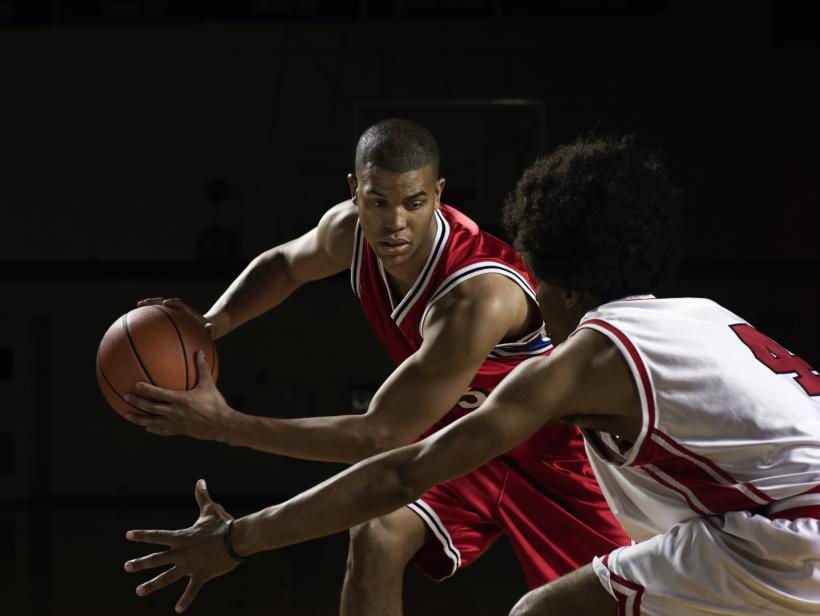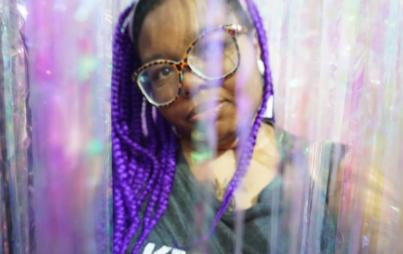
Unless you've been passed out in the bleachers after quaffing too much (overpriced) Bud Light, you've probably heard about the outlandishly racist statements made by L.A. Clippers owner Donald Sterling—who said, in essence, that he didn't want to be associated with black people or have them at his games.
The incendiary words launched a reactionary firestorm, with Clippers players wearing their jerseys inside out and even President Obama blasting the comments. Now, the NBA commissioner, Adam Silver, has laid the smackdown by slapping Sterling with a $2.5 million fee, forcing him to sell the team and banning him from basketball. For life.
The only problem? The applause-worthy actions came paired with these words:
The hateful opinions voiced by that of the man [on the tape] are those of Donald Sterling…I'm personally distraught the views expressed by Mr. Sterling came from within an institution that has historically taken such a leadership role in matters of race relations.
It makes sense that the NBA commissioner is distancing his prized organization from the ramblings of an outrageously racist lunatic. But touting the NBA as a leader in race relations? Really?
In fact, in the wake of the scandal, several tales surfaced of deeper racial issues lurking beneath the surface of the sport. Yes, the (mostly black) players make obscene amounts of money. But they don't make nearly as much as the (mostly white) owners running the teams. And that's to say nothing of the Antebellum-esque dynamic this introduces, where white men literally own the livelihoods of black men.
It's even been argued that the NBA's age limit is racist, because it restricts young African-American athletes from getting paid until they're older. In traditionally white sports, like golf, these limits aren't imposed, allowing for better financial security.
And it's not as if the organization has a glowing history of promoting African-American talent. Hailing all the way back to the 1960s, there was talk of an unofficial "quota" of four black players per team. The NBA came around, of course—and it does boast the most racially diverse roster of talent in sports—but it's ridiculous to pretend this is because the organization is fighting for social justice. It wants money, period, and it just so happens that many of the most talented and high-profile players are black.
Obviously, it's great that the NBA has taken a firm stand against Sterling's miserable racism. But in covering up existing problems and presenting itself as some bastion for racial progress, the organization has overstepped its bounds. And for that, we call foul. (Sorry.)
Image: Fuse/ThinkStock






